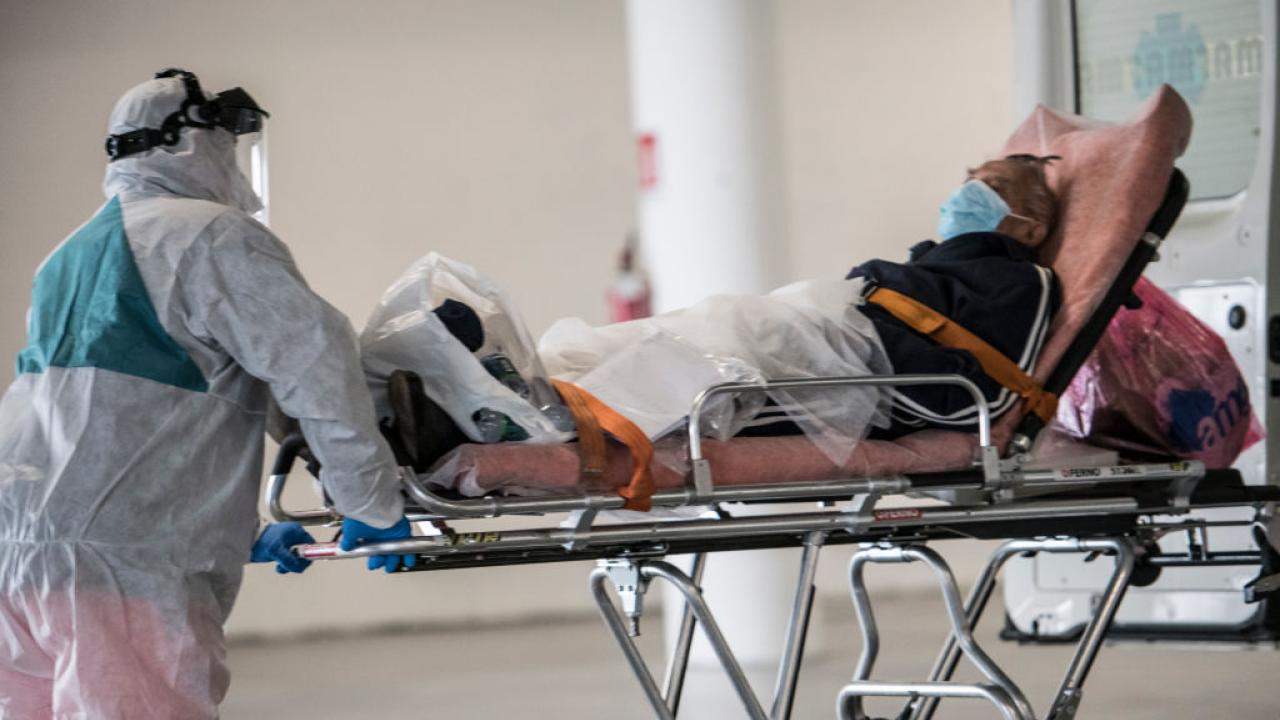
Older men worry less about COVID-19 than others; at more risk, claims study

Men and women are at equal risk of contracting the novel coronavirus, but men are more likely to suffer severe effects of the virus and die, according to an earlier study which suggested that older male patients with COVID-19 may need additional supportive care.
Now, a new study by researchers at Georgia State University has found that older men worry less about COVID-19 than women their age or than younger men and women, and thus may be at greater risk of contracting it.
This is a concern given that older men are already more at risk, according to the study published in The Journals of Gerontology.
“Not only do older adults exhibit less negative emotions in their daily lives, they also exhibit less worry and fewer PTSD symptoms following natural disasters and terrorist attacks,” gerontology and psychology researcher Sarah Barber said in a statement.
Following the knowledge that older adults tend to worry less, Barber conducted a study to see how this affected responses to the coronavirus.
Subjects were asked to fill-up an online questionnaire assessing perceptions and behaviour changes regarding COVID-19.
Related news: 28% of COVID-19 cases in India till April 30 asymptomatic: Study
Not surprisingly, said Barber, most participants were at least moderately concerned about COVID-19, but older males had “absolutely no worry at all”.
Compared to all other participants, older men were less worried about COVID-19 and had adopted the fewest number of behaviour changes.
They were relatively less likely to have worn a mask, to report having stopped touching their faces or to have purchased extra food.
“Our study showed that for older men, accurate perception of risk worked as well as a worry to predict preventive behaviours,” she said.
If older men can be better educated about the virus, they may adopt protective behaviours even if they don’t feel worried.
“Older men may need a little extra coaching and attention to risk assessment and protective behaviours, both from concerned family members as well as their healthcare practitioners,” the authors said.


